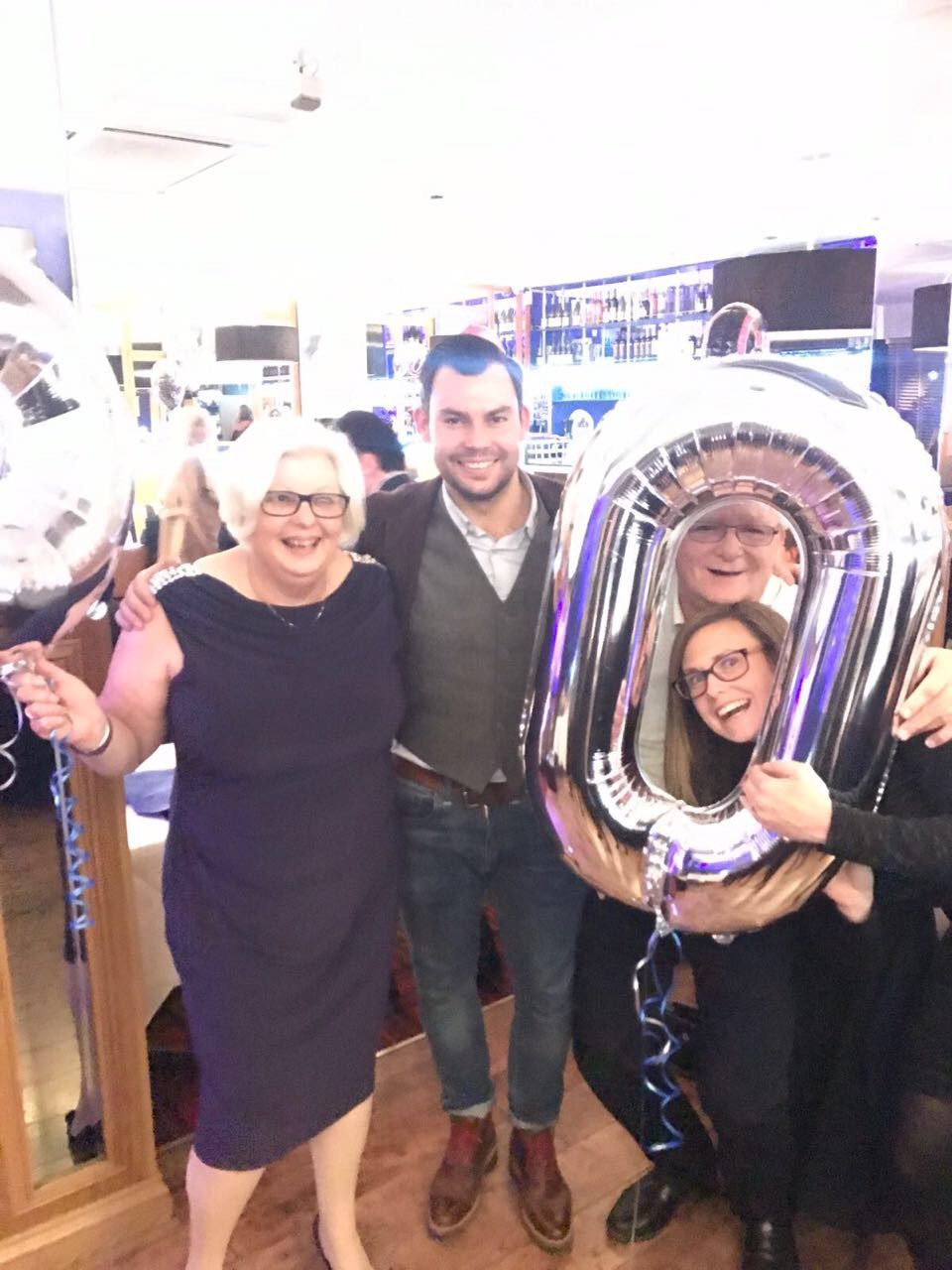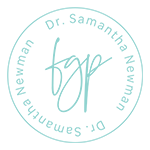Te Ruahinetanga and The Menopause Journey
The Australasian Menopause Society Monthly Newsletter; 2023
Written by Dr Samantha Newman, who considers herself a 37-year old, perimenopausal General Practitioner (GP)
I grew up in London, England with a Jewish Father and a Christian mother. This meant I was able to attend the Synagogue on Tuesdays for Youth Group, but also Sunday School at the Church on the weekends. I participated in both groups, without ever having that true sense of belonging. However, it is only now having been in New Zealand for nearly a decade that I feel I have truly started to identify and understand my roots and reflect on my whānau [family].
In 2013 I started work at Hawkes Bay Fallen Soldiers Memorial Hospital as an Obstetrics and Gynaecology Registrar. I attended cultural competence sessions which were a compulsory part of training. My first experience of this aspect of education I have to admit I thought was a waste of time. I had always thought of myself as being a compassionate and understanding doctor. I now realise that my discomfort was a sign of my inability to understand the application and relevance. Almost 9 years later I am finally understanding what cultural safety means, and why I felt uncomfortable in the situations above. I have learnt so much from wāhine Māori and wāhine Pakeha, and through this journey I have re-discovered the creativity I had prior to medical school through the understanding of my roots.

Through my experience within General Practice I feel that many wāhine Māori (and wāhine Pākehā) in the menopausal transition are not coping and even at crisis point. They are feeling unwell physically and psychologically from sleepless nights, absent libido, no motivation, joint pains and fundamentally loss of self. To enable understanding these changes in the body and mind forms the fundamental part of the healing process. Knowledge of self promotes empowerment and from this place cognition can be re-engaged and management options can be discussed. Society nowadays encourages continual engagement and we expect and are expected to be perpetually busy. But through looking models of health care through an indigenous lens, when look inside at our body, and at the land, the moon and our hormones, we can see that nothing is static. Using te reo Māori and te ruahinetanga when discussing menopause is more than just using a different word. It demonstrates that the decrease of ovarian function is a part of the journey of life, and the journey of women’s health. Therefore there is a need for understanding the challenge, but the fulfilment of crossing into that new life stage- to be one of the kaumātua [elders] with the wealth of experience.
I will describe some case studies to demonstrate the benefits of creative and holistic thinking in medication medicine. A 54-year-old perimenopausal wāhine Māori, who was pre-diabetic, overweight, and experiencing bothersome perimenopausal symptoms decided to commence menopausal hormonal therapy. When I first met her she was struggling emotionally and physically with her health, her family, her work and in her heart. We discussed the significance of her symptoms and her priorities in her life. She commenced cyclical progesterone (Utrogestan), and transdermal estrogen (Estradot 25) and metformin with the hope that they will improve her ability to think, to be happy and support her weight as well as considering her future health. Our follow up was postponed until 8 weeks later as she had been worried about the fact that she had stopped the hormone treatment. I thanked her for sharing this with me and for returning for a further consult. In my earlier practicing days I would have been disappointed that she had not complied with my medical recommendations. I asked her if I could find out more about why she has discontinued it, and how she was feeling now. She looked surprised at this response. She proceeded to tell me that the diarrhoea was unmanageable, and being on a top floor flat, with the wharepaku [toilet] on the ground floor was a real challenge for her. This was further compounded by her weight, fatigue and even led to episodes of incontinence which were highly embarrassing. She had however stopped feeling so teary, her body pain had lessened, she was motivated to work again and was finding it enjoyable. I discussed how I felt the side effects were likely due more to the metformin rather than the hormone treatment. We also identified that metformin was a familiar medication to her, due to her family history, however hormone treatment was unfamiliar hence her assigning her difficulties with this. We explored her new found emotional steadiness, similar to her former self, and that it challenged her life’s journey of Rongoa [medicine] Māori, as here she was with Rongoa Pākeha making her feel different. I had never considered how feeling out of control could also represent positive symptom improvement. We reviewed her priorities again. I said (perhaps too emphatically) that I felt it didn’t have to be Rongoa Māori or Rongoa Pākeha, but that they should, and could be integrated and understood together. She left the consult feeling more positive about her improved wellbeing, more hopeful about restarting the HRT on 12.5mcg estradot, utrogestan and stopping the metformin. I went home feeling honoured to be able to learn more about what Rongoa Māori means, and more determined to support my patients and empower them through knowledge.
This case highlights the importance of family in the health care for indigenous women. And menopause management requires consideration of the whole self and the whānau. And this relationship changes and the contents of the management plan also need to adapt and develop. Throughout, as a GP I need to ensure patient focussed care. A perimenopausal wāhine Māori was struggling with marked irregular bleeding on utrogestan and estradot, and also felt better with continuous utrogestan. I suggested a Mirena. During the insertion feelings of her traumatic birth returned, and then over the next few weeks the increased awareness in her body and pelvis never settled, even though the bleeding and her mood improved. The uterus, is tapu [sacred]. It is where life grows. In her heart this device didn’t feel right, it challenged her wairua [spirituality]. Medically, her symptoms were improved. I supported her to get the Mirena removed as soon as possible. She shared with me how this intervention was a challenge, she trusted me, and also hadn’t anticipated the feelings it would lead to. I was thankful she shared her thoughts. And moving forward I have changed my practice. She shared with me how the wharetangata [womb] is tapu [sacred] for Māori. I now try to leave this space open, to give space for the wāhine I work with to be able to consider this in their journey. I can’t or won’t tell anyone this is a ‘sacred’ procedure, but I use my words and actions to leave space and time to walk alongside.
The patient doctor relationship in my clinic starts before our initial meeting. Many of the wāhine Māori who see me, have heard of me. This supports how we need our village, to know each other. I can’t tell people I want to do xyz, but I have realised it is about being. My wāhine Māori have given me the confidence to be the doctor I want to be, the doctor I dreamed of. I want to question, to learn, to engage and to understand. As Professor Kulkarni said to me ‘research helps to persuade others that what we are doing it correct’. I don’t need to be, and shouldn’t be the one delivering all the knowledge on menopause. But what I see my role now is, is to question what I see, and to listen and learn from my patients. Having my patients show me through their stories how our physical, psychological, spiritual and whānau are an integral part of their hauora [health] journey has made medicine make sense to me. Has made me find my Art, my identity and understand my own heart and culture.
I am still on my menopause journey, and I will be until I retire and beyond. I will continually be thankful to my whānau, all the educators I have met along the way, but mostly my patients who have opened their hearts, trusted me and guided me.
Ngā mihi

